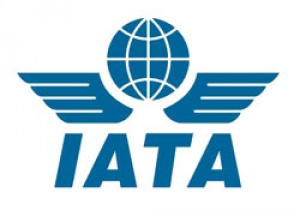IATA critical of further European Single Sky delays

Officials at the International Air Transport Association have criticised a decision by the European Single Sky Committee to endorse weakened Performance and Charging Scheme regulations for air navigation services over the period 2015-2019.
The decision was made on March 8th and impacts the calendar years 2015-2019 (known as Reference Period 2 or RP2).
If this decision is allowed to stand, regulators will have permitted a second period of weak regulation for the critical Single European Sky (SES) project.
Diluted targets were previously set for RP1 covering 2012-2014, which air navigation service providers (ANSPs) could readily meet without the reforms needed to truly deliver the SES.
“We should learn the lessons from the failure of RP1 to deliver the efficiency needed to put SES back on track.
“ANSPs and member states need the right incentives to drive the SES.
“The European Commission understands this.
“But we have seen a progressive weakening of their strong position under pressure from member states which continue to protect inefficient, state-owned ANSP monopolies over the needs of travellers and the environment for more efficient air traffic management,” said Tony Tyler, IATA director general.
According to IATA, the critical deficiencies in the new regulations are:
- A scheme which offers ANSPs the continuation of categories of costs termed “uncontrollable” which can simply be added after the fact to the agreed charges. Due to the weakening of the regulations, this concept is now even broader than its present application for RP1.
- A facility to introduce congestion charging without consideration of the cost burden to passengers or airlines or the likely distorting impact to the network.
- Another deferral of terminal charge target setting. This will allow ANSPs to offset any reduction in charges which they may be required to make for en-route charges.
The actual targets for RP2 will be finalised in December.
“Based on the evidence of the framework agreed last week, we are not optimistic that the numbers will be sufficiently ambitious.
“That will mean business as usual instead of the reform needed.
“The Single European Sky should by now have become a great and successful European project. But following this development, airspace users will be asking themselves why they should continue to support it financially or in any other way,” concluded Tyler.

